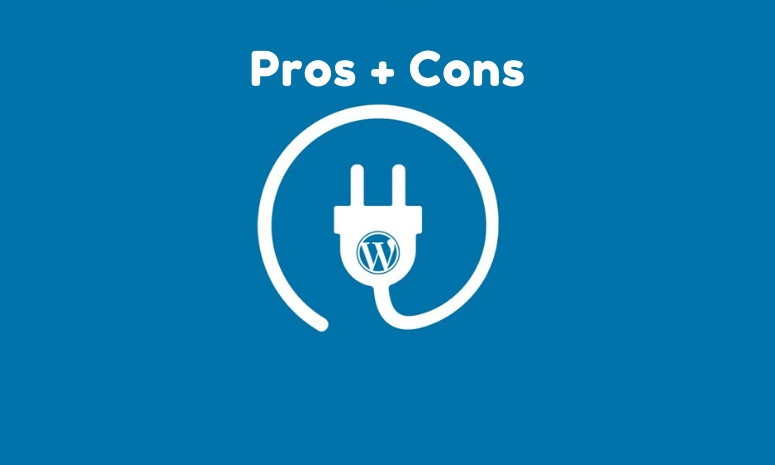
What is a plugin in WordPress? What are the advantages of using plugins? These are some of the questions that beginners usually ask. It is actually a piece of software or an application that can be installed and activated on your WordPress website to add some additional features and functions that would otherwise take WordPress developers a long time to code it directly on your site. They provide websites with built-in functionality that enhances the performance of the sites in many ways.

Advantages of Using WordPress Plugin
Plugins offer several benefits to developers and website owners, including:
- Plugins Save time – Plugins help website owners and developers in saving time and money instead of developing another piece of application software to function with the website.
- Plugins offer flexibility – Plugins have got a lot of features that can be used to customize the functioning of the add ons. Without adding another piece of code, we will be able to manage the plugins to the extent they offer. Also, WordPress plugins do not depend on the theme which we use for our websites.
- Plugins are reliable – Most of the Plugins are updated on a regular basis by the developers as and when new features are added to it. And whenever new versions of WordPress are released, they update and make it compatible with the latest versions of WordPress. It is always easier to disable, update, or reinstall the plugins as needed. In this way, they can provide security and reliability on using it with the websites.
Now, after discussing some of the good sides to installing WordPress plugins, let us see some of the disadvantages.
Disadvantages of WordPress Plugins
While plugins are useful to developers and website owners alike, they have got some cons also:
- Plugins make the site vulnerable – Since some of the free plugins are not updated in accordance with the WordPress versions, we are not a hundred percent safe from potential security patches.
- Plugins’ limitations – We will be able to use all the functions available in the plugins. However, this feature will be limited by the functionalities offered by each plugin.
- Plugins’ conflict – They sometimes conflict with each other and with the themes which we use for the site. If anything goes with the site, we need to deactivate the plugins one by one to find out which one is causing the harm and isolate it.
- Plugins slow down the website – The plugins send CSS and Java codes along with the pages each time a website is loaded. And when these codes appear as additional load on the site, it reduces the website speed and performance. So it’s always advisable to use essential plugins on the website.
- Plugin’s Incompatibility with WordPress version – Since some of the free plugins are abandoned at some point of the time, the website owner has to monitor the plugins every time to assure its compatibility with the website and to install the plugin updates.
Managing individual plugins is much easier than developing and adding a bunch of codes to function files. Also, adding random code snippets to many parts of the files can make tracking complicated even if they are related to each other. If plugins are chosen, we are free from such confusions and there is benefit from future updates, which may improve performance, fix errors, or fix security holes.





